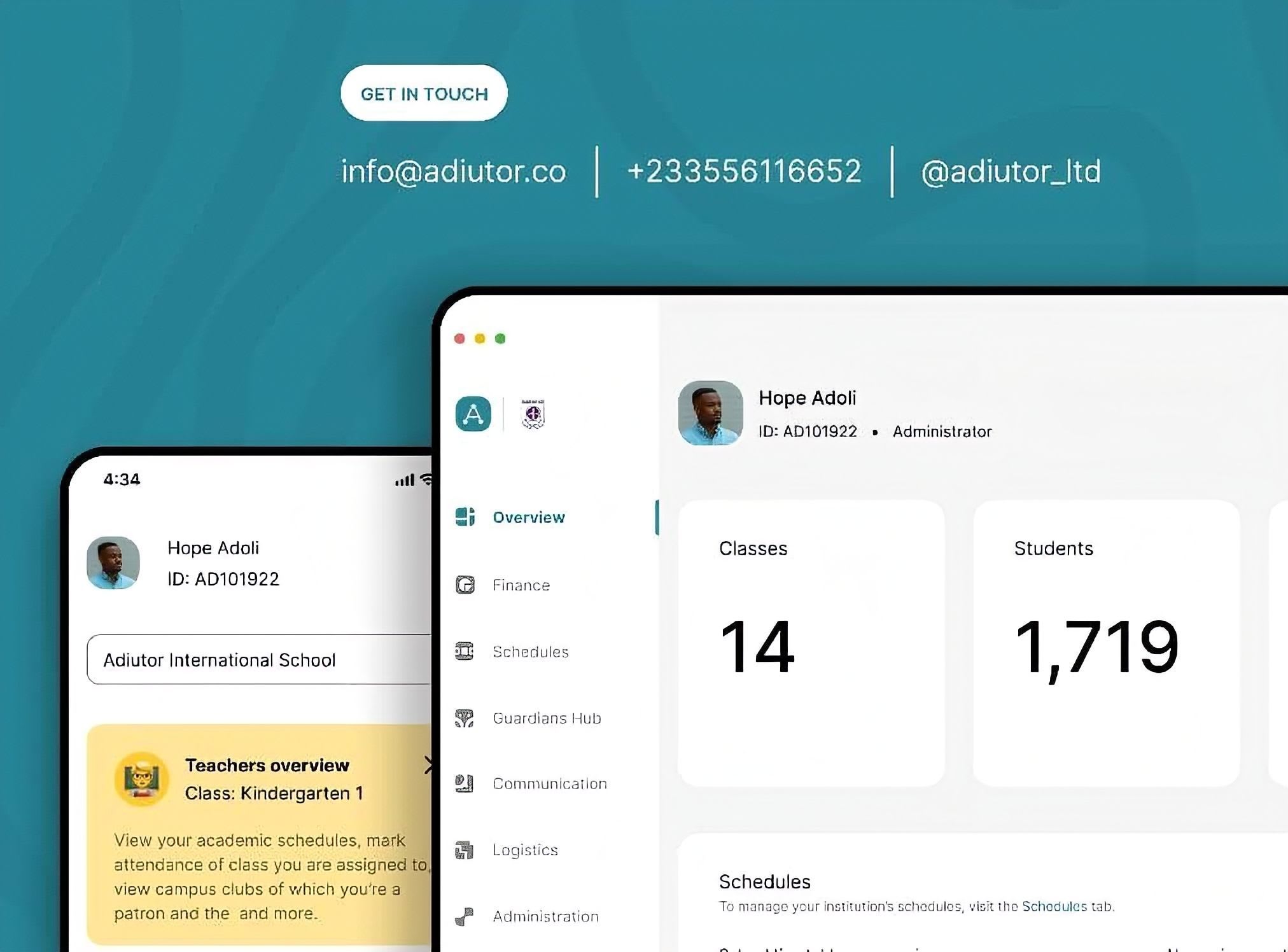Time Management: Impact on Academic Performance
The academic environment is a multifaceted ecosystem where students are expected to juggle multiple subjects, projects, and extracurricular activities.

The academic environment is a multifaceted system where students are expected to juggle multiple subjects, projects, and extracurricular activities. Each subject typically comes with its own set of assignments, readings, and exams, all of which require dedicated time and effort. Projects often involve collaborative work, necessitating coordination with peers and adherence to deadlines. Extracurricular activities, while beneficial for personal growth and social engagement, further compound the time constraints faced by students. Amidst this whirlwind, time management emerges as a necessary skill for navigating such demands.
💡 Lessons learnt: Time is free, but priceless. Lost time can never be gotten back.
The Importance of Time Management
Studies have found a significant correlation between time planning and academic success. With structured schedules, students allocate specific time slots for studying, completing assignments, and engaging in extracurricular activities, which leads to improved academic outcomes. This structured approach not only ensures that students cover all necessary material but also prevents last-minute cramming, which is often less effective. Meticulous time planning allows students to balance their academic responsibilities with personal and social activities, fostering a well-rounded and less stressful educational experience.
Daily routines that incorporate effective time management behaviors, such as planning and prioritization, are essential for academic success. Khan (2015) emphasizes that students who develop and adhere to daily routines with prioritized tasks tend to achieve higher academic standards. This also reduces stress levels by preventing the chaos that comes with disorganized schedules. Setting their priorities right on the importance and deadline of each activity helps students start with high-priority activities. They are, therefore, able to cover essential academic requirements. On the other hand, procrastination and ineffective time management increase one's stress level and lower academic performance, as alluded to by Aduke (2015). Addressing these issues through improved time management strategies can significantly enhance students' academic outcomes, allowing them to perform better in their studies while maintaining a healthier, more balanced lifestyle.
Good Time Management Skills and Their Impact
- Planning and Scheduling: Effective planning involves setting clear goals and outlining steps to achieve them. A study found that students who plan their time well are more likely to achieve higher academic performance (Khan, 2015). Encouraging students to plan their activities daily and weekly can help them stay organized. Digital tools can also be used to schedule tasks and set reminders to help students manage their time more effectively. Another experimental analysis found that scheduling interventions improved initial academic performance, particularly for students with lower baseline time management skills (Baker et al., 2018).
- Prioritization: Students can allocate their time and resources more efficiently by identifying and focusing on high-priority tasks. Research has shown that students who effectively prioritize their tasks tend to perform better academically (Razali et al., 2018).
- Goal Setting: Setting specific, measurable, achievable, relevant, and time-bound (SMART) goals is also another aspect of good time management. Goals provide students with direction and motivation. Students who set clear academic goals are more likely to succeed (Mariano et al., 2022).
- Avoiding Procrastination: Procrastination is a common barrier to effective time management. It often leads to last-minute rushes and increased stress, negatively impacting academic performance.
- Adaptability: Flexibility in adjusting plans when unexpected events occur is another essential time management skill. Students who can adapt to changes without losing focus on their goals are more likely to maintain high academic performance (Trueman & Hartley, 1996).

Adiutor
Adiutor means "helper" - we do just that, by taking a load of your school administration and helping you focus on what matters most: the kids.
References:
- Xu, W. (2020). A Research on the Influence of College Student Time Management on Their Academic Development. Proceedings of the 2020 5th International Conference on Modern Management and Education Technology (MMET 2020)
- Elmahdy, M. A., & Anwer, M. M. (2023). Effect of Time-Management on the Academic Performance of Medical Students, Benha University: A Cross-Sectional Study. The Egyptian Journal of Hospital Medicine.
- Kaushar, M. (2013). Study of Impact of Time Management on Academic Performance of College Students. IOSR Journal of Business and Management.
- Hamzah, A. R., Lucky, E., & Joarder, M. H. (2014). Time Management, External Motivation, and Students’ Academic Performance: Evidence from a Malaysian Public University. Asian Social Science.
- Trentepohl, S., Waldeyer, J., Fleischer, J., Roelle, J., Leutner, D., & Wirth, J. (2022). How Did It Get So Late So Soon? The Effects of Time Management Knowledge and Practice on Students’ Time Management Skills and Academic Performance. Sustainability.
- Khan, S. (2015). The Impact of Time Management on the Students' Academic Achievements. Journal of Literature, Languages and Linguistics.
- Razali, S. N., Rusiman, M. S., Gan, W., & Arbin, N. (2018). The Impact of Time Management on Students’ Academic Achievement. Journal of Physics: Conference Series.
- Baniaghil, A., Eksir, M., & Behnampour, N. (2021). Effects of Time Management Training on the Academic Achievement of Female High School Students. Journal of Research Development in Nursing and Midwifery
- Borek, J. A., & Parsons, S. (2004). Research on Improving Teacher Time Management. Academic Exchange Quarterly.
- Wilson, R., Joiner, K., & Abbasi, A. (2021). Improving Students’ Performance with Time Management Skills. Journal of University Teaching and Learning Practice
- Baker, R. B., Evans, B. J., Li, Q., & Cung, B. (2018). Does Inducing Students to Schedule Lecture Watching in Online Classes Improve Their Academic Performance? An Experimental Analysis of a Time Management Intervention. Research in Higher Education.
- Callahan, K., & Rademacher, J. (1999). Using Self-Management Strategies to Increase the On-Task Behavior of a Student with Autism. Journal of Positive Behavior Interventions.
- Manganello, R. E. (1994). Time Management Instruction for Older Students with Learning Disabilities. TEACHING Exceptional Children
- Sayari, K., Jalagat, R. C., & Dalluay, V. (2017). Assessing the Relationship of Time Management and Academic Performance of the Business Students in Al-Zahra College for Women.
- Mariano, L. A., Madel, N. S., & Miranda, A. T. (2022). The Relationship between Time Management Skills and Academic Performance of Working Students in Open High School Program. Asian Journal of Education and Social Studies.
- Karakose, T. (2015). The Relationship between Medical Students’ Time Management Skills and Academic Achievement. Studies on Ethno-Medicine
- Trueman, M., & Hartley, J. (1996). A comparison between the time-management skills and academic performance of mature and traditional-entry university students. Higher Education.
- Aduke, A. (2015). Time Management and Students Academic Performance in Higher Institutions, Nigeria — A Case Study of Ekiti State
